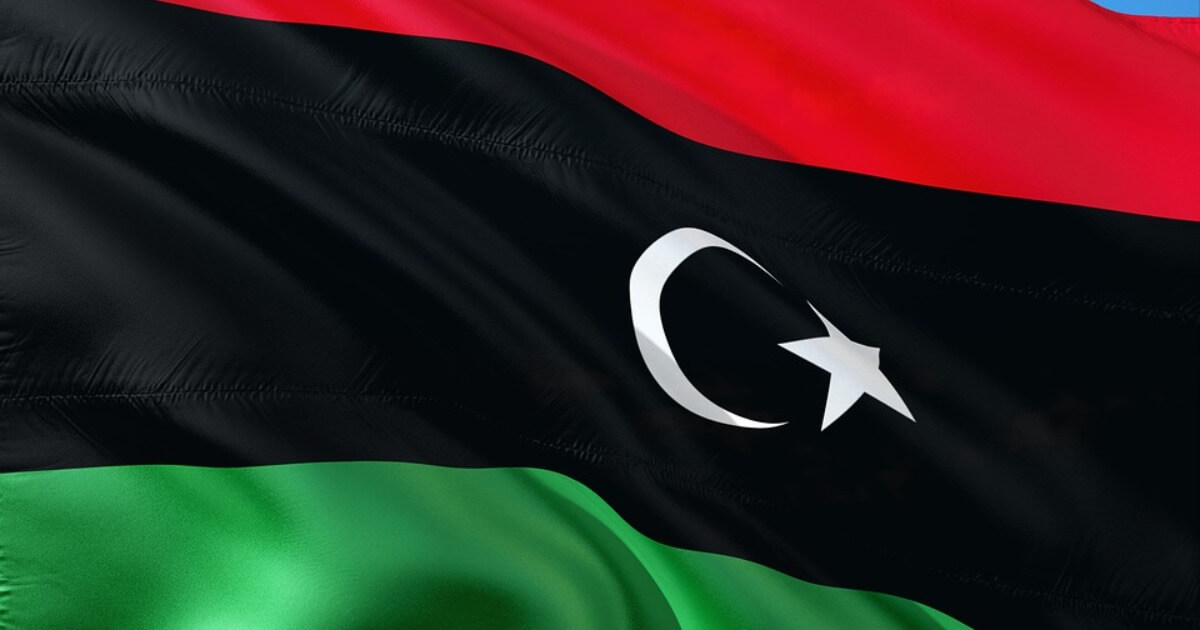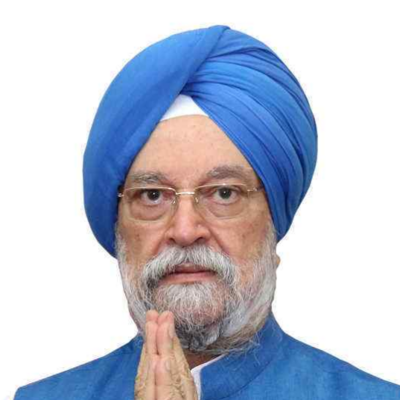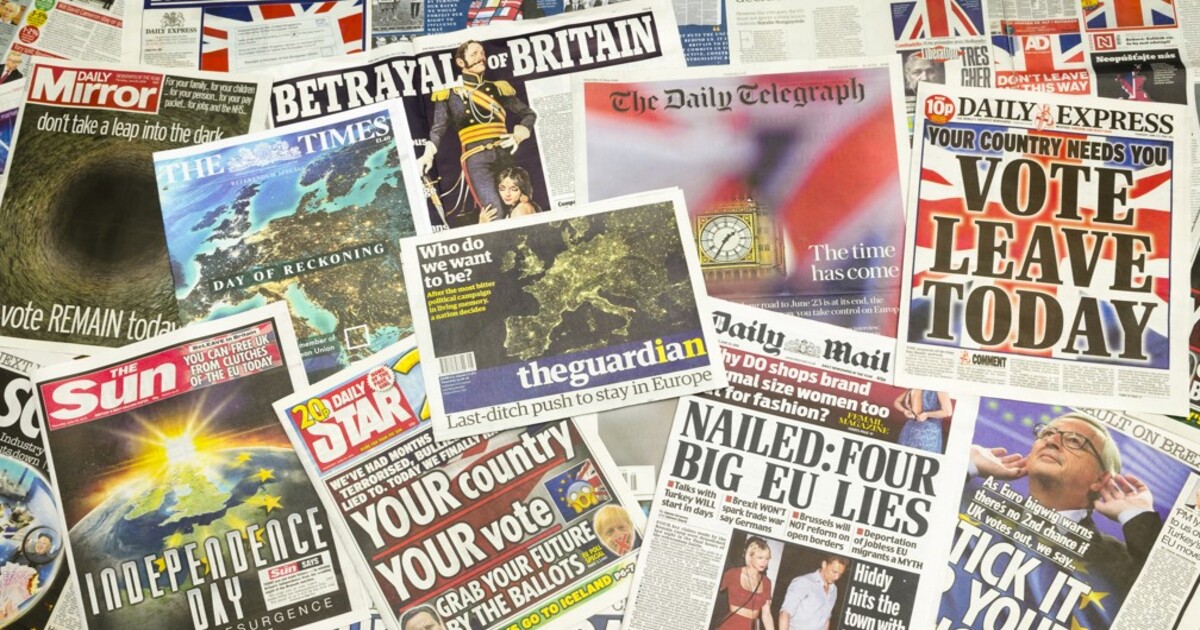Libya: Hillary Clinton, Susan Rice and the Ghost of Rwanda
Libya receives very little attention these days. Why did the international community collectively go wrong?
October 27, 2016

Libya receives very little attention in the mainstream Western press these days. As a country, it stands unraveled. Why did the international community collectively go so wrong?
There perhaps is no bigger indication of the collective failings of the Western powers who pursued the removal of Gaddafi than that, despite the well-known lawlessness that was his hallmark, there are now demonstrations in Libya in favor of Gaddafi.
In light of this deplorable turn of events, one thing is clear: Everyone who was even remotely associated with this disastrous decision-making and on whose watch a subsequent mass atrocity takes place, as is now underway in Libya with the complete disintegration of society, will vow never to let it happen again.
However lawless Gaddafi operated, his regime was (almost) based on some form of the rule of law, at least when compared to the hellish lawlessness that prevails now.
Showing military “muscle”
And even though the military campaign against Gaddafi and his ultimate capture in October, 2011 was mostly prosecuted by French and British forces, the U.S. government – and more specifically the U.S. military – was very much the key ingredient in prosecuting the campaign.
As regards the motivations of the various “players” (what a revelatory term), the French President (Nicolas Sarkozy at the time) and the then-newish British Prime Minister Cameron, mostly wanted to show military “muscle.”
They felt this was the moment and the time to show why they are among the five veto powers on the UN Security Council.
US: It’s all about Rwanda
But what about U.S. motivations? For sure, the U.S. government didn’t need to prove its resoluteness with regard to using military options to anyone.
I learned about what drove the United States first hand during my stint as India’s ambassador (and also as President of the UN Security Council in August 2011 and November 2012) at the United Nations Security Council in 2011-12.
Susan Rice, currently President Obama’s National Security Advisor and at the time the U.S. Permanent Representative to the UN, told me several times that, if ever faced with a probability of a mass atrocity again, her response would be anchored in an act of commission, rather than omission.
Rice, was Assistant Secretary of State for African Affairs in the Clinton administration when it failed to intervene in the Rwandan Genocide despite written warnings provided by UN officials present there.
She had stated, “I swore to myself that if I ever faced such a crisis again, I would come down on the side of dramatic action, going down in flames if that was required.”
Hillary Clinton, then the U.S. Secretary of State, also recorded in her memoirs that, instead of not doing anything, she would rather be “caught trying.”
Both of them, of course, continue to be haunted by the consequences of the United States’ inaction in the Rwandan genocide, back in 1994, during Bill Clinton’s first time.
It also matters that Samantha Power, then Special Assistant to the President and Senior Director for Multilateral Affairs and Human Rights on the National Security Council, made her professional reputation on the back of a hauntingly written critique of the West’s stance in Rwanda.
The book was entitled “A Problem from Hell: America and the Age of Genocide.” The author of that book, of course, is now the U.S.’s UN Ambassador.
Media chimed in as well: Conscience-cleansing?
But it wasn’t just the policymakers who were haunted by that past inaction in Africa. The mainstream Western press’ demonization of Libyan leader Muammar Gaddafi during the Arab Spring in 2011 sought to draw the world’s attention to his past conduct.
The distinguished members of the fourth estate and “think tanks,” which often act as enforcement or legitimization mechanisms for actions favored by certain principles and interests (thus taking very specific action cues from governments) were traumatized by the same fears.
All of these forces, haunted by their inaction in Rwanda, chose to coalesce by simultaneously prosecuting a systematic campaign to carry out military intervention in Libya.
The ostensible purpose was to protect all those civilians (remember the post-Rwanda RTP doctrine) who had allegedly been murdered by the Libyan dictator.
Proportionality matters
Whatever Gaddafi’s flaws and crimes (and both were quite spectacular), the key question for the West is what good have its actions yielded for the Libyan people.
Whatever Gaddafi’s downsides, he was too much of a narcissist to pursue the complete destruction of his own country. He enjoyed his robes and roles.
The Libyan people must wonder whether the real purpose of the Gaddafi campaign was not just to salve hurt Western souls.
But one cannot unmake the collective shame of inaction over Rwanda by destroying another country in the totally flawed anticipation of making things better.
Those who set out not to commit another act of omission (as in Rwanda) in the case of Libya proved that the opposite instinct can be at least as flawed: Acting in commission to salve one’s conscience can be just as denigrating to masses of human beings as acts of omission.
UN to the rescue?
Enter the UN. The Security Council is the designated agency in the architecture of collective security to make a determination on whether there exists a threat to international peace and security. Having made that determination, it alone can authorize use of force to counter that threat.
That is the “grand” idea and the principal mechanism according to which the use of military force can be legitimate.
The Council made several mistakes in the Libyan case. There was the premature ICC referral (under resolution 1970 on which India, Brazil, China, Portugal and Lebanon expressed reservations in the fear that it would result in retaliations by Gaddafi).
There was also the the arming of rebels, the use of force (under resolution 1973) without acknowledging the provisions of a ceasefire (which was a balancing position in resolution 1973) and clandestinely pursuing regime change without the Council’s authorization constituted the more important mistakes.
To achieve this, the Western Press and leaders claimed that the Libyan despot had spewed venom in his speeches.
Later reports and analyses confirmed that Gaddafi never threatened unarmed citizens, but only those rebels who had taken up arms against the state. On the contrary, he spoke of providing amnesty to civilians whom he called his own.
Preferred one-man rule over the chaos of democracy
The first national survey conducted in Libya after Gaddafi’s fall revealed that most Libyans still preferred one-man rule over a democratic government. Gaddafi had not only transformed Libya from one of Africa’s poorest nations to its wealthiest.
He also provided free education and healthcare services, while ensuring that women had greater access to their rights – to education, property, employment and so on.
This is in stark contrast to the government that took over after Gaddafi, which has clamped down on women’s rights and failed in providing basic services.
Western media wash their hands of guilt – by silence
The media that vilified Gaddafi during the Arab Spring has now gone silent on Libya, a perpetually unfolding mess that has been taken over by rebels.
The refugee crisis created by the endless, often fatal, attempts of countless migrants to escape the conflict via the Mediterranean Sea is also, to some extent, traceable back to the hasty and misguided policies followed in Libya.
There no longer is a Libyan Navy that could intercept refugee boats arranged by human traffickers solely for the purpose of criminal self-enrichment.
The destruction of Gaddafi’s Libya also has devastating effects elsewhere on the African continent. Among other factors, it “yielded” the destabilization of parts of Niger, Mali and Chad.
This came about as a logical consequence of the release of hordes of Gaddafi’s mercenaries following his overthrow.
The individual and collective guilt of the international community over its inaction in Rwanda was the catalyst that made easy the decision to use military force in Libya.
Yet, despite the claim of intending the protection of civilians from Gaddafi’s brutal repression of the uprising, pro-interventionist Western nations overshot their proclaimed agenda.
Instead of acting wisely, their effort to show “muscle” backfired in the most gruesome fashion. They executed policies that have resulted in widespread chaos and destruction.
UN Security Council has remained silent too
Unfortunately, the Libyan case was never extensively discussed as desired by most at the Security Council.
The decision to use “all means necessary” was made by a few with the power, and later implemented without much thought, with the authorization of the Council.
To salve its own conscience, the Council could tell itself that the urgency with which military action in Libya was sanctioned and executed had regime change as an underlying objective. And “regime change” is a matter outside of the UN Security Council’s scope of consideration.
Shame that persists
The result is out there for the world to helplessly watch – a desperate migration crisis leaving hundreds of thousands of refugees either dead or deserted, and an unraveling country overrun by mercenaries, militia, and the world’s worst nightmare today – the ISIS – with a paralyzed government at the apex.
Whether the West likes it or not, there is a reason the Libyan “mad dog” managed to rule the country for 42 years. The articulation of pro-Gaddafi sentiment and demonstrations in what’s left of Libya testify exactly to that.
Takeaways
Gaddafi's regime was based on some form of the rule of law, at least when compared to the lawlessness that prevails now.
Susan Rice said that if ever faced with a mass atrocity again, her response would be an act of commission, not omission.
Both Hillary Clinton and Susan Rice are haunted by the consequences of the US’ inaction in the Rwandan genocide.
The key question for the West is that what good have its actions yielded for the Libyan people?
Why has the media that vilified Gaddafi during the Arab Spring now gone silent on Libya?

